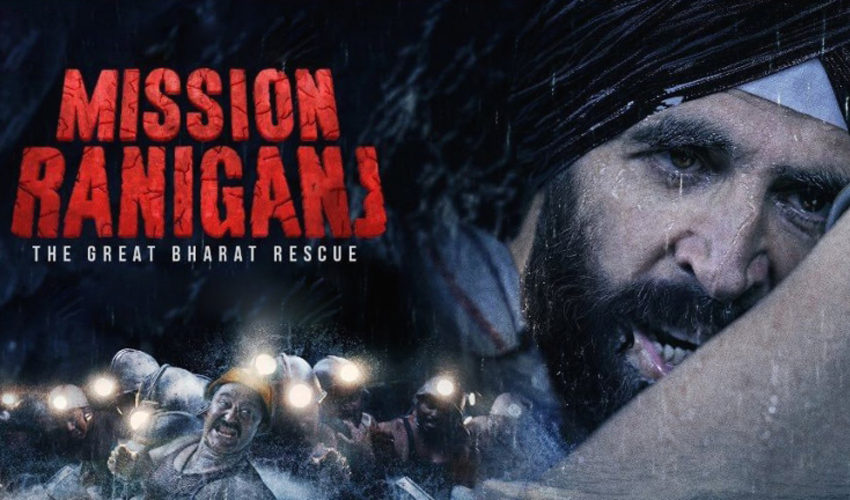Prabhas’s upcoming film ‘Salaar,’ directed by Prashanth Neel, garnered significant attention, especially after the release of its teaser.
Originally slated for release on September 28, the film seemed to have gained an edge over Shah Rukh Khan’s ‘Jawan’ at the US box office. It had secured around 14.5 thousand advance ticket bookings, even with a month left for its release, while ‘Jawan’ was progressing at a slower pace.
However, a sudden shift in the scenario has led to the postponement of ‘Salaar’ without a confirmed new release date. Sources suggest that the film might now aim for a release in December 2023 or January 2024.
The decision to postpone ‘Salaar’ was primarily driven by the extensive post-production work that still needs to be completed. A source close to the production confirmed, “Salaar holds a prominent position among the big films emerging from India, and the creators are determined to meet the high expectations of fans and moviegoers.
Unfortunately, the film is not yet ready and requires additional time for post-production. Consequently, Prabhas, Prashanth Neel, and their team collectively agreed to postpone the movie from its original September 28 release date.“
The US Box Office had already seen significant advance bookings for ‘Salaar,’ with over $400K worth of tickets sold. All these tickets will be refunded as the film’s release stands postponed. A fresh announcement regarding the new release date is expected soon.
This delay in ‘Salaar’s’ release may potentially impact another Prabhas film, ‘Kalki 2898 AD.’ ‘Salaar’ is now eyeing a December or January 2024 release date, and this scheduling change may influence the release calendar. December is already packed with film releases, and January includes two major festivals, Sankranti and Republic Day.
While Sankranti is reserved for Prabhas’s other film, ‘Kalki 2898 AD,’ Republic Day weekend has been allocated for Hrithik Roshan’s ‘Fighter.’ The industry and fans eagerly await further details about the new release date for ‘Salaar’ and its potential implications on the release of ‘Kalki 2898 AD.’



























